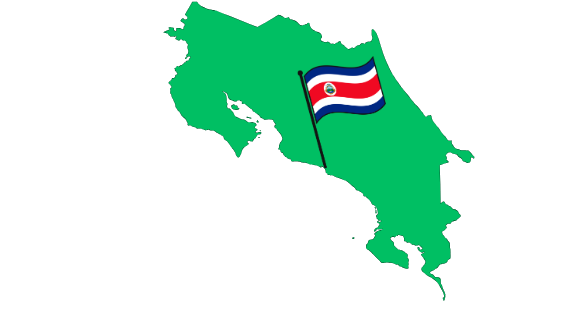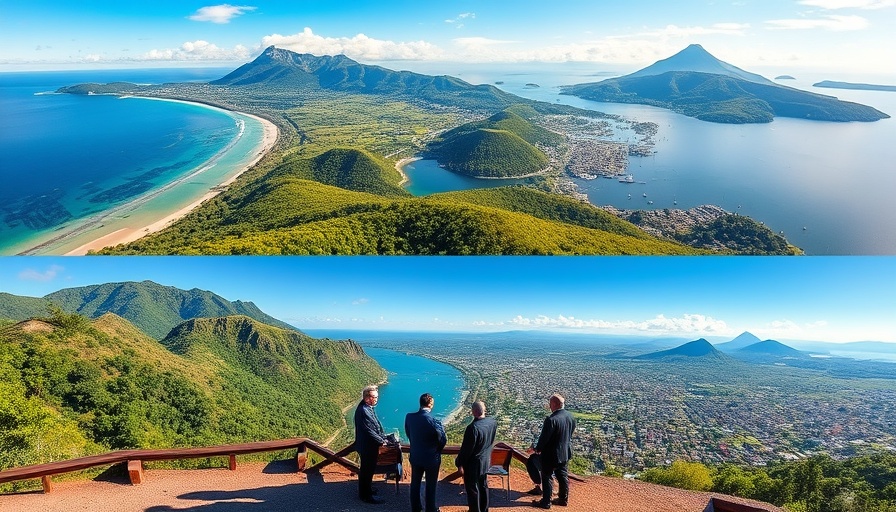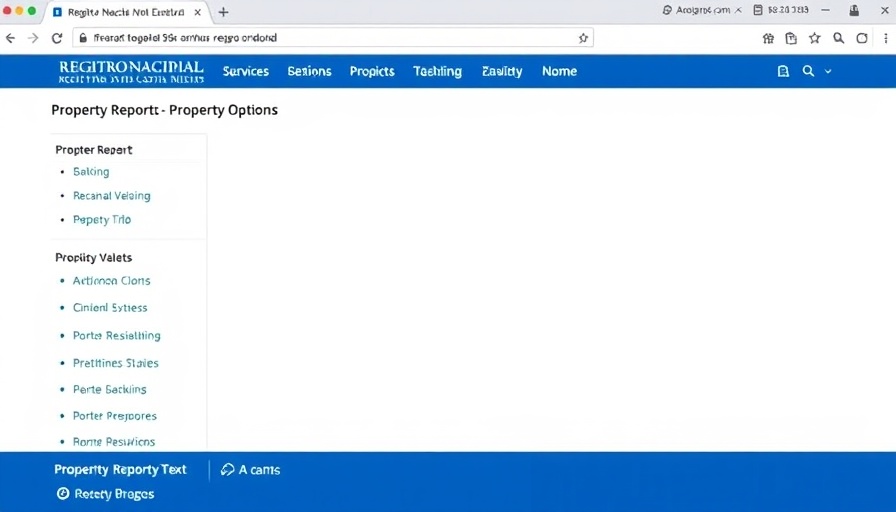
Understanding the Future of Costa Rica's Free Trade Zone Regime
Since the 1980s, Costa Rica has been at the forefront of establishing a robust Free Trade Zone (FTZ) regime aimed at attracting investment and strengthening its economy. This system has undergone several transformations and adaptations to maintain its relevance and effectiveness in a changing global economic landscape. With imminent reforms on the horizon, businesses and investors alike are curious about what the future holds for this pivotal component of Costa Rica's economic framework.
In "Reformas del Regimen de Zona Franca: ¿Qué Esperar en el Futuro?", the discussion dives into the impending changes in Costa Rica’s Free Trade Zone, exploring key insights that sparked deeper analysis on our end.
Historic Context and Modern Reforms
The FTZ regime kicked off in Costa Rica with the intentions of fostering a competitive market, making it attractive for foreign investment. Over the decades, pivotal changes have included the integration of service-oriented companies in the 1990s, a move that recognized the growing importance of the service sector in the modern economy. Fast forward to 2024, and the regime now welcomes the film and audiovisual industry, reflecting the country's commitment to evolving and adapting to global economic trends.
This continuous evolution underscores the broader objective of ensuring legal stability and security—critical elements for drawing in foreign investors. The reforms are not just bureaucratic changes; they represent a strategic vision for Costa Rica, affirming its position as a lucrative investment haven.
Challenges and Economic Implications of Global Minimum Tax
A significant development impacting the FTZ regime is the introduction of a global minimum tax for multinational corporations, a law which has been in the pipeline since 2016. This change has crucial implications for how investments are taxed within the FTZ context. The potential alteration in tax incentives could necessitate a reevaluation of the financial framework that governs the FTZ.
Adapting to this new global tax landscape isn't merely a matter of compliance; it is an opportunity for Costa Rica to rethink its appeal to investors. To maintain competitiveness, policymakers need to devise strategies that will offset the possible reductions in tax exemptions while still presenting an attractive proposition for foreign businesses.
Practical Steps for Businesses in the FTZ
Organizations operating under the FTZ regime must prepare for these upcoming changes, particularly in understanding how the new tax landscape could affect their operations. Businesses should start evaluating their current tax strategies and consider consulting with legal and financial experts to navigate the potential shifts.
Key actions to consider include conducting thorough tax impact assessments, reviewing legal compliance measures, and exploring new opportunities within the evolving sectors that Costa Rica is aiming to cultivate.
Long-term Economic Projections and Opportunities
As we look towards the future of Costa Rica’s FTZ regime, optimism remains. Governments and economists project potential growth in sectors like renewable energy and technology besides traditional manufacturing and services. Aligning future investments with these growing industries could provide lucrative returns, underscoring the need for businesses to stay informed and adaptable.
The possibilities for collaboration with both local and international partners could flourish in this new context, enabling businesses to innovate further and create sustainable operations that align with global economic goals.
Joining the Conversation
Changes in economic policies can be daunting for many, particularly older demographics like retirees or late-career professionals who may be feeling the market's effects directly. Engaging with these reforms proactively can set individuals and businesses on a forward trajectory. Knowing what’s ahead can empower decision-making that supports personal and organizational financial goals.
For those eager to explore how these reforms may impact individual enterprises, or if you have specific interests not yet covered, don’t hesitate to reach out. Connectivity with experts in the field can provide invaluable insights into optimizing your position in this transformative period.
In summary, Costa Rica’s Free Trade Zone regime is undergoing significant shifts that demand attention. These changes not only provide fresh opportunities for growth but also raise challenges that must be navigated carefully. Staying informed and adaptable will be crucial for all engaged in this landscape.
 Add Row
Add Row  Add
Add 




 Add Row
Add Row  Add
Add 

Write A Comment